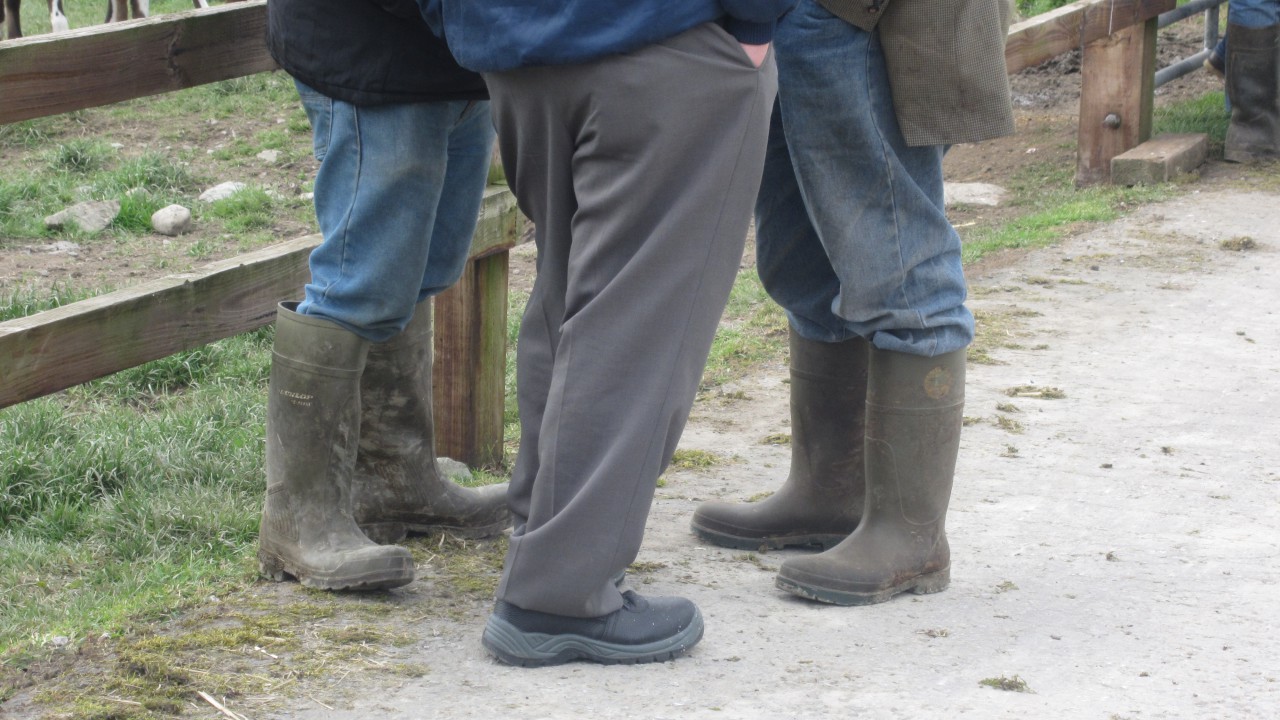The Farmers’ Union of Wales (FUW) is planning to hold meetings during the summer and into the autumn to discuss the Welsh Government’s proposed Sustainable Farming Scheme.
The consultation, which was launched by Environment, Energy and Rural Affairs Minister Lesley Griffiths on this morning (July 9), outlines revised proposals for future farm and rural support.
The changes were made in light of the comments received in response to the 2018 Brexit and our Land consultation.
The report proposes that future support should be designed around the principle of sustainability and bring together the “significant economic, environmental and social contribution or farmers”, through a single Sustainable Farming Scheme.
The scheme will be based on the principles of:
- Providing a meaningful and stable income stream;
- Rewarding outcomes in a fair way;
- Paying for both new and existing sustainable practices; and
- The flexibility to allow it to apply to every type of farm.
Responding to the launch of the consultation, Farmers’ Union of Wales president Glyn Roberts said: “We welcome the fact that the consultation document acknowledges many of the concerns raised by respondents to last years Brexit and our Land consultation, and focuses on farmers and food producers.
Concerns highlighted by the FUW last year about the dangers of setting a fixed timetable and ploughing ahead with proposals at a time of complete uncertainty over Brexit and its impacts, and undertaking detailed modelling and economic assessments of proposals before coming to any decision, also appear to have been taken on board.
Roberts said that this acknowledgement and the consultative tone of the document would make it far easier to discuss the proposals with the industry and assess any merits or pitfalls.
“We welcome the fact that the capping or tapering of payments is also referred to in the document. Both are principles we have lobbied to be included in any future scheme as mechanisms by which to ensure money goes to genuine family farms.”
Concerns
Roberts also welcomed recognition in the document of the concerns regarding ‘active farmers’ receiving payments, rather than those who might effectively mothball land and collect payments while making no contribution to the local economy or community.
“However, it must be recognised that the basic underlying principles have not changed from the original Brexit and our Land proposal, in that what is proposed is the replacement of direct support for farmers with what is, in essence, a public goods scheme,” he said.
“As such, many of the concerns highlighted in the FUW’s response to the Brexit and our Land proposals – including in relation to active farmer criteria – remain valid and acute.”
Such concerns include the fact that farmers in the EU will, under current CAP proposals, continue to receive direct support, while Welsh farmers would not.
The union argues this could mean Welsh farmers would be asked to do more and be faced with greater restrictions in return for potentially less money, but could still be expected to compete on even terms with EU farmers.
“This concern would also relate to competition with farmers in Scotland or Northern Ireland if those countries retain some form of direct support or different standards that give them a competitive advantage,” he explained.
“If the UK was to sign a trade deal with the USA, competition and the impact of Welsh restrictions would be a significant disadvantage given the high levels of financial support for US agriculture and the far lower production standards in the US.
We are also concerned that the ambition of what is proposed in terms of farm visits and negotiating contracts with farmers is unprecedented, and we are only too familiar with the problems that have accompanied the implementation of far more modest contract-based schemes, such as Glastir.
Aside from the consultation proposals, Roberts said there was widespread concern about the timing of the consultation; particularly, given that the deadline for consultation responses was one day before the latest date that the UK is due to leave the EU, on October 31.
The FUW will be announcing the dates and locations of meetings across Wales for farmers and other interested parties to discuss the consultation in the coming weeks.

